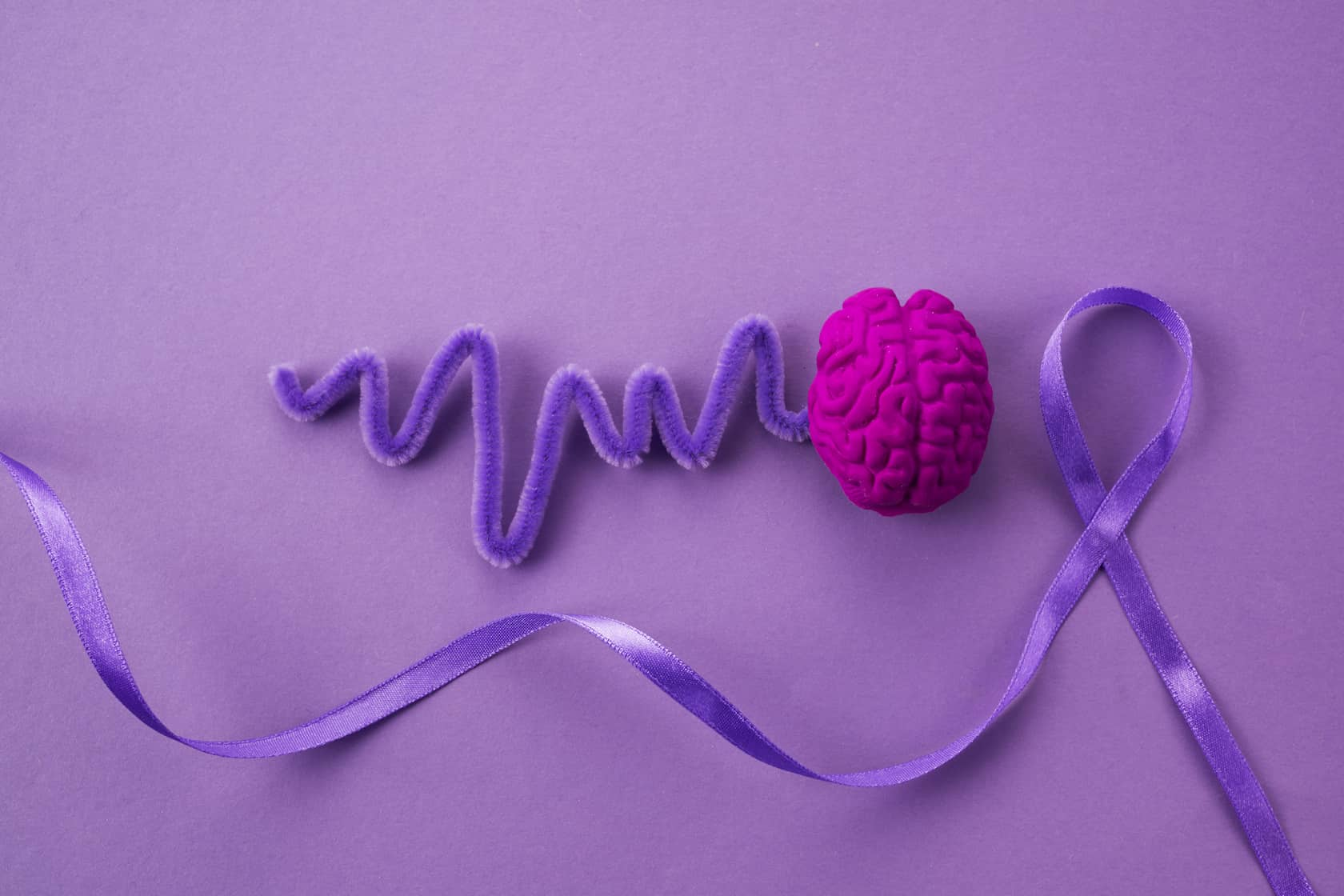
Living Beyond Epilepsy: How to Maintain a Normal Life
Epilepsy is a neurological disorder that affects millions of people worldwide. It is characterized by recurrent seizures, which can be unpredictable and disruptive. Despite the challenges that come with epilepsy, people with epilepsy can lead a normal life. In this article, we will discuss how to live beyond epilepsy and maintain a normal life.
Can an Epileptic Person Lead a Normal Life?
The short answer is yes, people with epilepsy can lead a normal life. With the right treatment and management, most people with epilepsy can control their seizures and minimize their impact on daily life. However, it's important to note that the definition of a "normal" life varies from person to person. Everyone's experience with epilepsy is unique, and some people may face more challenges than others.

Living with epilepsy
Living with epilepsy can be challenging, especially if you are newly diagnosed. It can be overwhelming to adjust to the diagnosis, manage medications, and cope with the fear of having a seizure. However, it's important to remember that you are not alone. There are millions of people around the world living with epilepsy, and there are resources available to help you manage the condition.
How to Have a Normal Life with Epilepsy?
Here are some tips for maintaining a normal life with epilepsy:
Get the right treatment: The first step in managing epilepsy is to get the right treatment. Your doctor will work with you to find the best medication and dosage to control your seizures. It's important to take your medication as prescribed and keep regular appointments with your doctor to monitor your condition.
Avoid triggers: Certain things can trigger seizures in people with epilepsy. Common triggers include lack of sleep, stress, alcohol, and certain medications. By avoiding these triggers, you can reduce your risk of having a seizure.
Get enough sleep: Getting enough sleep is important for everyone, but it's especially important for people with epilepsy. Lack of sleep can trigger seizures, so it's important to establish a regular sleep schedule and aim for 7-8 hours of sleep per night.
Exercise regularly: Regular exercise can help reduce stress and improve overall health, which can help manage epilepsy. However, it's important to talk to your doctor before starting any new exercise program.
Stay organized: Keeping a routine and staying organized can help reduce stress and minimize the risk of forgetting to take medication. Use a pill organizer, keep a schedule, and use reminders to help you stay on track.
Educate yourself and others: Educating yourself and others about epilepsy can help reduce stigma and increase understanding. Learn about your condition and share information with friends, family, and coworkers. This can help create a supportive environment and reduce stress.
Seek support: Living with epilepsy can be challenging, and it's important to have a support system in place. Join a support group or connect with others online to share experiences and get advice. Talking to others who understand what you're going through can be helpful and comforting.
How Do You Cope With Epilepsy?
Coping with epilepsy can be difficult, but there are strategies you can use to manage the condition and maintain a normal life. Here are some coping strategies:
Practice relaxation techniques: Relaxation techniques such as deep breathing, meditation, and yoga can help reduce stress and anxiety, which can trigger seizures.
Talk to a therapist: Talking to a therapist can help you manage the emotional impact of epilepsy. A therapist can provide support, guidance, and coping strategies.
Practice self-care: Self-care is important for everyone, but it's especially important for people with epilepsy. Make time for activities you enjoy, such as reading, listening to music, or spending time with friends and family.
Keep a journal: Keeping a journal can be a helpful tool for managing epilepsy. You can use it to track your seizures, medication, and any triggers or symptoms you experience. This can help you and your doctor identify patterns and make any necessary adjustments to your treatment plan.
Develop a safety plan: Developing a safety plan can help you feel more in control and prepared in the event of a seizure. Your safety plan can include things like identifying a safe place to go during a seizure, wearing medical alert jewelry, and informing friends and family about what to do if you have a seizure.
Stay positive: Maintaining a positive attitude can help you cope with the challenges of epilepsy. Focus on the things you can control and find ways to stay optimistic about the future.
Can You Live a Happy Life with Epilepsy?
Yes, it's possible to live a happy life with epilepsy. While living with epilepsy can be challenging, it doesn't have to define your life. With the right treatment, management, and support, most people with epilepsy can lead fulfilling lives.
In fact, many people with epilepsy have achieved great things. Famous people with epilepsy include musicians Neil Young and Prince, Olympic athlete Greg Louganis, and author Lewis Carroll. These individuals have demonstrated that epilepsy does not have to limit your potential.
Avoid Triggers
Certain triggers can increase the likelihood of having a seizure. Common triggers include lack of sleep, stress, alcohol, and flashing lights. By identifying your triggers and avoiding them as much as possible, you may be able to reduce your risk of seizures.
Seek Support
Living with epilepsy can be isolating, but it's important to remember that you don't have to face it alone. Seeking support from friends, family, and support groups can be helpful in managing the condition. Online support groups, such as those hosted by the Epilepsy Foundation, can be a good resource for connecting with others who understand what you're going through.
Practice Self-Care
Taking care of yourself is important for managing epilepsy. This includes getting enough sleep, eating a healthy diet, and engaging in regular exercise. Self-care activities, such as meditation, yoga, or spending time in nature, can also help reduce stress and promote overall well-being.
Educate Others
Educating others about epilepsy can help reduce stigma and increase understanding. Encourage those around you to learn about the condition and how to respond in the event of a seizure. This can help create a more supportive and inclusive environment for people with epilepsy.
Living with epilepsy can be challenging, but it doesn't have to prevent you from living a normal, happy life. By taking control of your condition, seeking support, and practicing self-care, you can manage the condition and achieve your goals. Remember to stay positive, stay organized, and never give up on your dreams. With the right tools and strategies, you can live beyond epilepsy and live a fulfilling life.
Health Turkiye Notes
Living with epilepsy can be challenging, but it's important to remember that you are not alone. By getting the right treatment, avoiding triggers, and maintaining a positive attitude, it's possible to maintain a normal life with epilepsy. Remember to seek support, practice self-care, and stay organized to help manage the condition. With the right tools and strategies, you can live beyond epilepsy and achieve your goals. In addition to the strategies discussed above, there are some other things you can do to help manage epilepsy and live a normal life.




